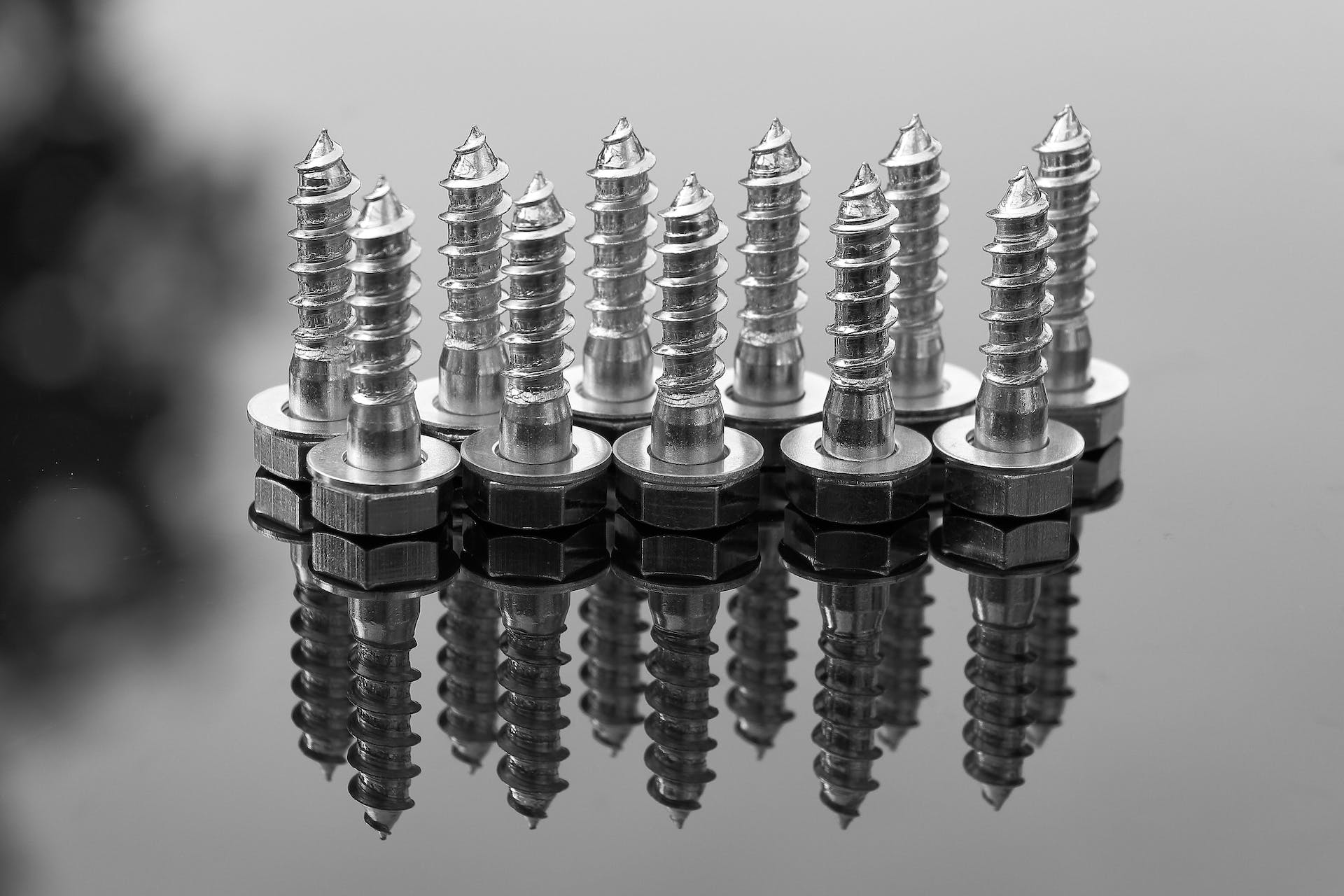Are you undertaking a project that requires screws and aren't quite sure where to start? Have you ever been confused by the vast number of choices in screws available on the market today? If so, then this is the guide for you. In this comprehensive guide, we will unveil all there is to know about finding and using the right screw for every kind of project.
Here, you'll learn how different screws work, what types are best suited for your needs, and which ones can give your finished product an extra touch of quality. So whether you're doing construction or tackling simple household repairs, this guide has all the information you need to select and use screws with confidence.
Understanding screw types
Before we dive into the details of choosing and using screws, it's essential to understand the different types available. This knowledge will help you make informed decisions when selecting the right screw for your project. Wood screws are specifically designed for use with wood materials. They have a sharp point and threads that cut into the wood as it's being drilled in.
Sheet metal screws, on the other hand, have a sharp point and coarse threads designed to secure thin metal sheets together. Machine screws are used for fastening metal parts together with nuts or pre-tapped holes, while drywall screws are specifically designed for securing drywall to wood or metal studs. Check out https://www.fastenere.com/14-20-phillips-pan-head-machine-screws-stainless-steel-18-8 for more information on screw types.
Choosing the right size
When it comes to choosing the correct screw size, it's essential to consider both the length and diameter. The length of the screw should be long enough to penetrate both materials being joined together while still providing enough thread engagement for a stronghold. As a general rule of thumb, the screw should be at least two times longer than the thickness of the material being fastened.
The diameter of the screw should also be taken into consideration. The larger the diameter, the more weight and pressure it can support. For heavier-duty projects, opt for screws with a larger diameter to ensure a secure hold.
Material matters
When it comes to choosing screws for your projects, you'll find a wide range of materials available, each with its unique advantages and uses. The most commonly used material is steel, which offers strength, durability, and affordability. However, if your project requires resistance to corrosion or extreme temperatures, you might want to consider stainless steel or aluminum screws, as they can provide a better solution.
For projects involving hardwoods or outdoor applications, brass screws are an excellent choice. Not only are they resistant to rust and corrosion, but they also offer superior durability in challenging environments. And if you're looking to add a touch of elegance to your decorative projects, bronze or copper screws can be the perfect choice, bringing a distinctive and sophisticated aesthetic to your creations.
Installation techniques
Now that you have carefully chosen the right type and size of screw, it's crucial to understand the proper installation process. When it comes to drilling screws into wood, it's always recommended to pre-drill a hole that is slightly smaller than the diameter of the screw. This precautionary step helps prevent the wood from splitting and ensures a secure and long-lasting connection.
For metal materials, an alternative option to consider is using self-tapping screws. These unique screws can create their threads as they are drilled in, eliminating the need for pre-drilling. This feature saves time and provides a reliable and sturdy hold.
Equally important is selecting the appropriate screwdriver or drill bit for the screw type and size. Using the wrong tool can result in stripping the screw or causing damage to the material being fastened. By using the right tool, you can ensure a precise and efficient installation process while protecting the integrity of your project.
When to use bolts instead of screws
In some cases, bolts may be a better option than screws for specific projects. Bolts offer stronger and more secure connections as they have a larger surface area for weight and pressure distribution. They are also reusable and more accessible to remove if needed. However, bolts require more time and effort for installation as they typically require additional tools such as nuts and washers.
Consider the specific requirements of your project and determine if bolts are a more suitable solution for specific applications. By having a clear understanding of when to use bolts instead of screws, you can ensure optimal results for your projects.
An ounce of prevention
While selecting and using the correct screws for your projects is crucial, it's also essential to take preventative measures to avoid future issues. One common issue with screws is corrosion, which can weaken the hold and compromise the integrity of your project. Consider using stainless steel or other corrosion-resistant materials for outdoor or high-moisture applications to prevent this.
Another preventative measure is to regularly check for any loose screws and tighten them if necessary. Over time, screws can become loose due to natural wear and tear or environmental factors. By regularly checking and tightening screws, you can prevent potential hazards such as objects falling or structures collapsing.
